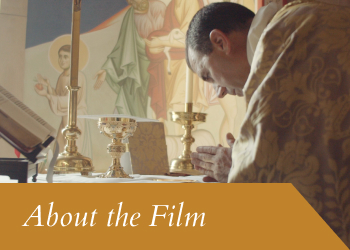The two of us, freshmen roommates, got to Boston Common at the crack of dawn.
That’s why we were able to stake out a place just behind the rope that separated the people with tickets from everyone else who was there to see the pope. Neither one of us was Catholic, so we made a large cardboard sign that said, “Protestants for the Pope.” It didn’t take long for the crowd, estimated at 400,000, to fill in behind us.
By the time John Paul II arrived, the chilly fall weather had deteriorated. The open space was windy and cold, and dark gray storm clouds threatened rain. The icy downpour began during Mass. When umbrellas blew inside out, people covered themselves with garbage bags. Everyone was soaked.
While I listened attentively to Pope John Paul, I don’t remember a word he said. But I will never forget that at the conclusion of his homily—and despite the miserable weather—no one left. When it was time to distribute Communion, an army of priests in albs splattered with mud up to their knees, came toward us. People lined up, shivering in the driving rain, to receive the Eucharist. I knew that, as a non-Catholic, I was not welcome to receive. But I also knew that absolutely nobody would have stuck it out on that miserable day for a mere symbol of Christ. To them, this was Jesus.
Three years later, I was feeling lost. The college education I had worked so hard for undermined the clarity of the religious beliefs I had always held deeply. Exhausted, confused, and lacking a strong connection to a church community, my faith in Christ was beginning to flag. But God was at work.
I don’t know why one of my fiancé’s roommates invited me to a Sunday evening student Mass and have no idea why I took him up on it. But there I was once again, watching Catholics line up to receive Holy Communion. This time, however, I broke down and cried.
At the end of Mass, the priest announced that the Campus Ministry’s first presentation on “Basic Beliefs” would focus on the Eucharist. I immediately penciled it into my calendar. Always up for a good debate, I walked through the door of the Catholic Student Center not with an open mind or heart, but with a chip on my shoulder and loaded for bear. But when I heard the Church’s teaching on the Real Presence of Christ, the sacramental perpetuation of the sacrifice of Calvary, and the power of the Eucharist to gather the Church around it, I was caught completely off-guard. Before I left, I made an appointment with a priest.
Father met me at the edge of the abyss I had been gazing into. I told him that I was no longer sure I was a Christian. I couldn’t tell if Jesus was any different from Homer, Plato, Nietzsche, or any of the other brilliant thinkers I had studied. I questioned whether it was even possible to know what was true. Inspired by the Holy Spirit, he took a crucifix down from his office wall and placed it in front of me. Then he challenged me to look him in the eye and tell him that the cross of Christ didn’t mean more to me than any of the other great minds I had encountered. I melted into tears.
Suddenly, the fog lifted. My faith in Jesus was not only restored but deepened. The priest handed me a copy of the Vatican II documents and told me to read Lumen Gentium, the Dogmatic Constitution on the Church. That document spoke to me with the same authoritative voice as the Scriptures. By the time I finished it, I was no longer a Protestant. I came into full Communion with the Catholic Church the following Easter Vigil.
The Eucharist changed the trajectory of my life. But the process of transformation did not end there. Conversion is a daily calling. In 40 years as a Catholic, I have discovered that there is no better school of Christian discipleship than the Eucharist. The Eucharist shows me where to find Jesus, and where to see Him at work in my own life. All my deepest hurts, all my fears and failures, all my sins and suffering find healing in the Eucharist. But the Most Blessed Sacrament also shows me how to become more like Christ. Through the Eucharist, Jesus teaches me how to be truly present. He gives me the grace to embrace God’s will in self-sacrifice. And He shows me how to gather, rather than scatter, the people God places in my life.
The Eucharist brought me to the Church and keeps me here. The Eucharistic Lord who formed the Church is also forming me. Ultimately, the Bread of Life that feeds me will also lead me home.









